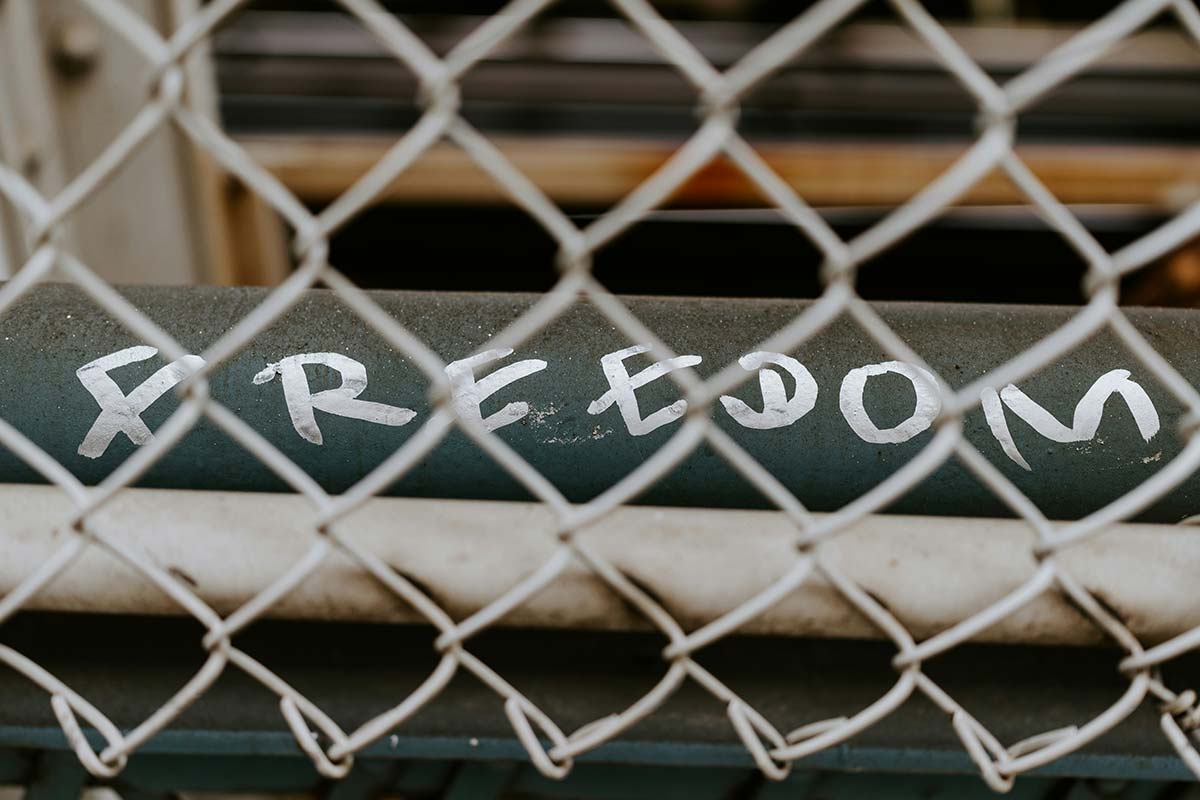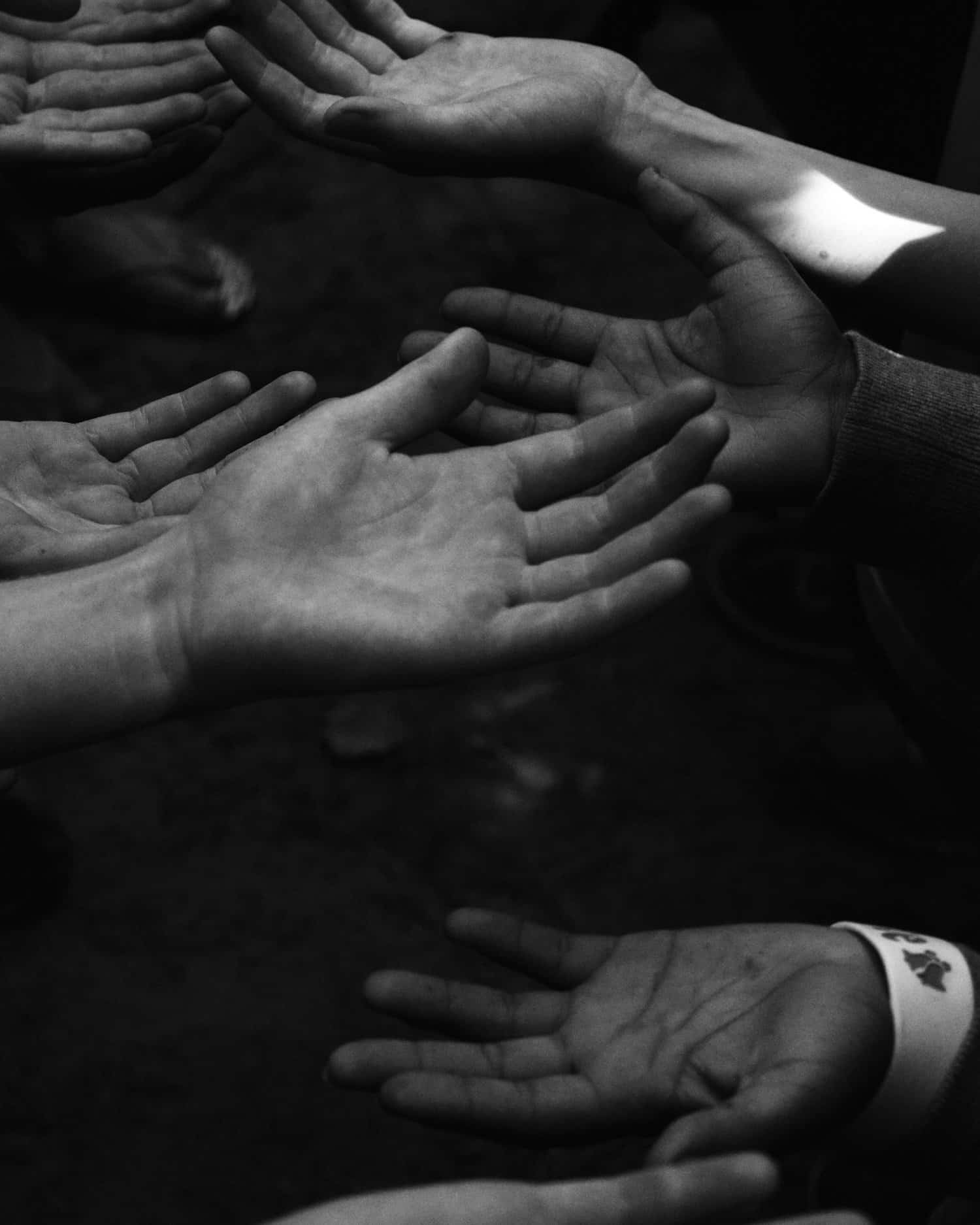Black men face experiences that many cannot even imagine. However, this discussion isn’t solely about them; it’s about understanding how the societal expectations placed on Black men impact us all. Expectations like not crying, exhibiting hypersexual behavior, and other stereotypes prevent many Black men from living their truest selves, even if they outwardly seem to conform to these roles.
For Black women, there is profound pain when Black men either fail to meet these expectations or, conversely, embody them in ways that harm themselves and their communities. This dynamic affects our relationships and the broader Black family and community. By examining perspectives from figures like Steve Harvey and bell hooks, we can better articulate and address the struggles faced by our fathers, cousins, partners, and others in this often misunderstood group.
Tools for Processing Toxic Masculinity and Enhancing Understanding:
-
Reflect on Societal Expectations: Recognize and challenge societal pressures that dictate how Black men should behave. Understanding these expectations helps in addressing the impact they have on personal and communal well-being.
-
Engage in Open Conversations: Foster honest discussions about the pressures and stereotypes facing Black men. Encourage dialogue that allows for emotional expression and mutual support.
-
Seek Therapy or Counseling: Therapy can be beneficial for exploring the effects of toxic masculinity on mental health. Culturally competent therapists can offer tailored support for addressing these issues.
-
Educate Yourself: Explore resources that address toxic masculinity and its impact on relationships. Books, articles, and lectures by experts like bell hooks provide valuable insights.
-
Support Healthy Role Models: Highlight and support positive role models who embody healthy masculinity. Showcasing diverse examples can help redefine expectations and provide alternative paths for emotional expression.
-
Create Safe Spaces: Develop environments where Black men can express vulnerability without judgment. Safe spaces encourage emotional openness and healing.
Below, I have included videos that explore the complex relationship between sexuality, Blackness, maleness, and the Black female reality. These resources offer further insight into the challenges and dynamics discussed.






